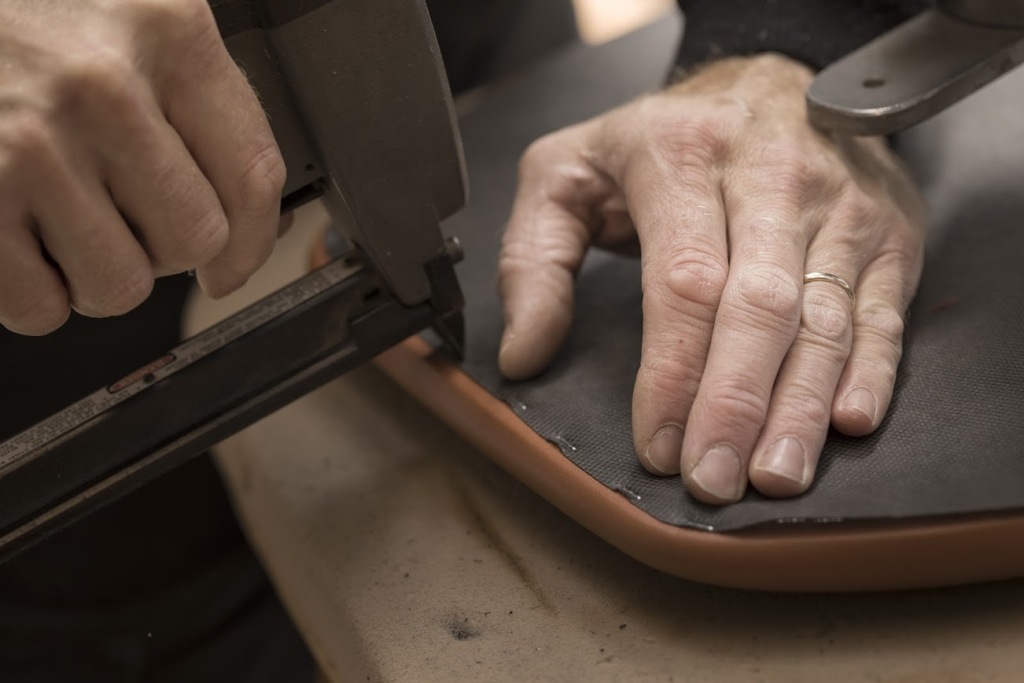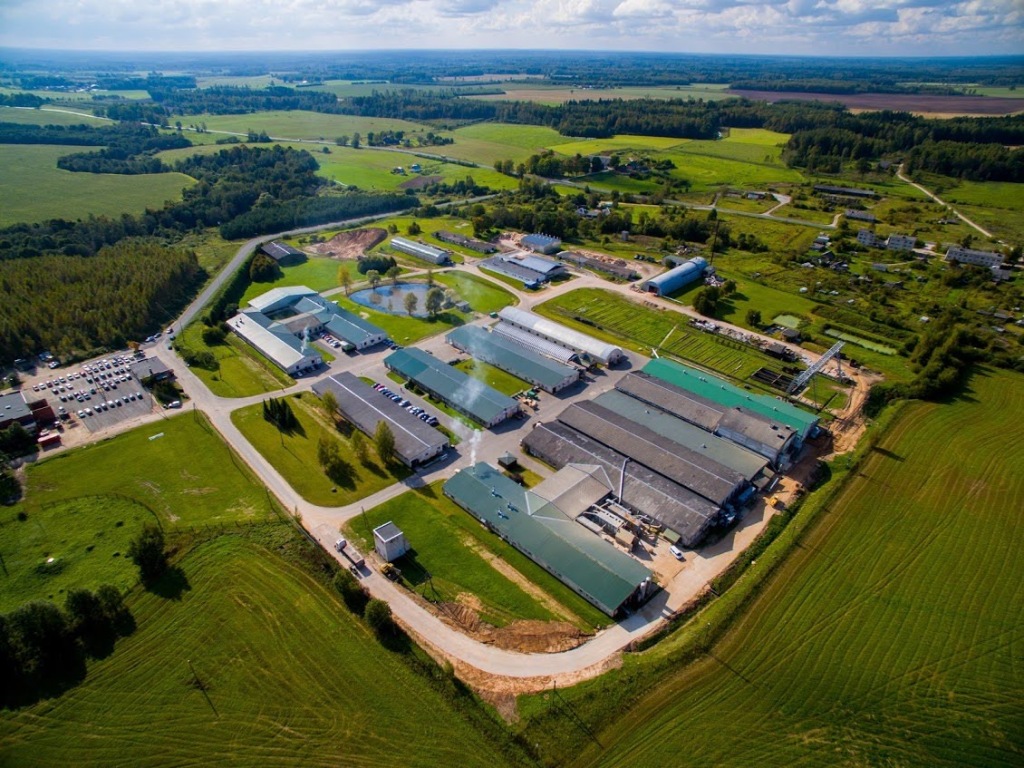Latvian furniture producer company KVIST SIA participates in the LIFE Fit for REACH-2 project as a project partner with an aim to improve their environmental performance and switch to safer chemical alternatives in production. The company produces high quality wood furniture products, mainly chairs. The main material of most core products is wood - solid wood and curved glued parts.
The focus during the project is twofold, including specific material-related improvements and further development of chemical risk management.
From the material perspective, reduction of hazardous substances in daily work will be reached by replacing remaining organic-solvent based paints with water-based paints. Currently KVIST is already using water-based paints, oils and soap but 10% of all used paints are still organic solvent-based paints. The remaining part, despite being minor, is still related to worker health risks and creates hazardous waste. Replacing existing paints with appropriate water-based paints requires colour selection and testing to ensure that there is no difference in tone, material retention and surface strength. Other hazardous solvents are also planned to be phased out in the coming years and steps towards these achievements will be made during the project.

Additionally, during the project the company will also try to replace upholstery foams used in chair production and access alternatives for plastics used in packaging.
The company together with the project expert team will access options for switching from polyurethane foam to more sustainable and environmentally friendly materials for upholstery furniture. The company has set the aim that upholstered furniture products must be EU Ecolabel or Nordic Ecolabel certified which poses additional compliance requirements to possible alternatives. One of the additional goals is to improve environmental performance and reduce waste by limiting use of virgin plastics in packaging by evaluating available alternatives.

From the chemical risk management perspective, during the project KVIST is working on improvements like increased knowledge and understanding of safety datasheets between workers, development of a thorough chemical risk management policy in the company, review of chemicals inventory and looking for possible improvements in inventory process, review of supplier communication routines, etc. KVIST will also improve the waste management system in the company by conducting a waste audit in order to identify opportunities for improvements. Special focus is put on hazardous waste reduction in production – to be improved within the frame of the project.